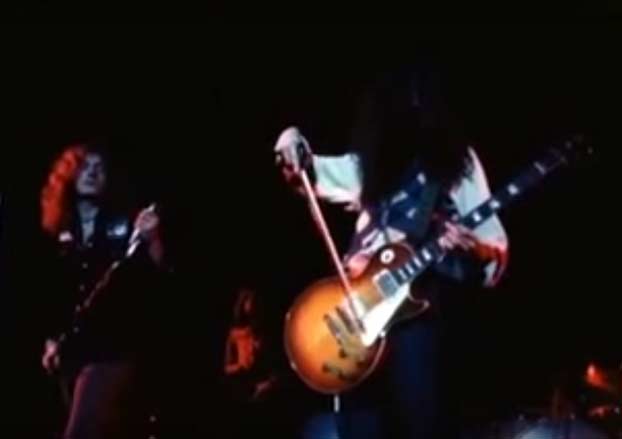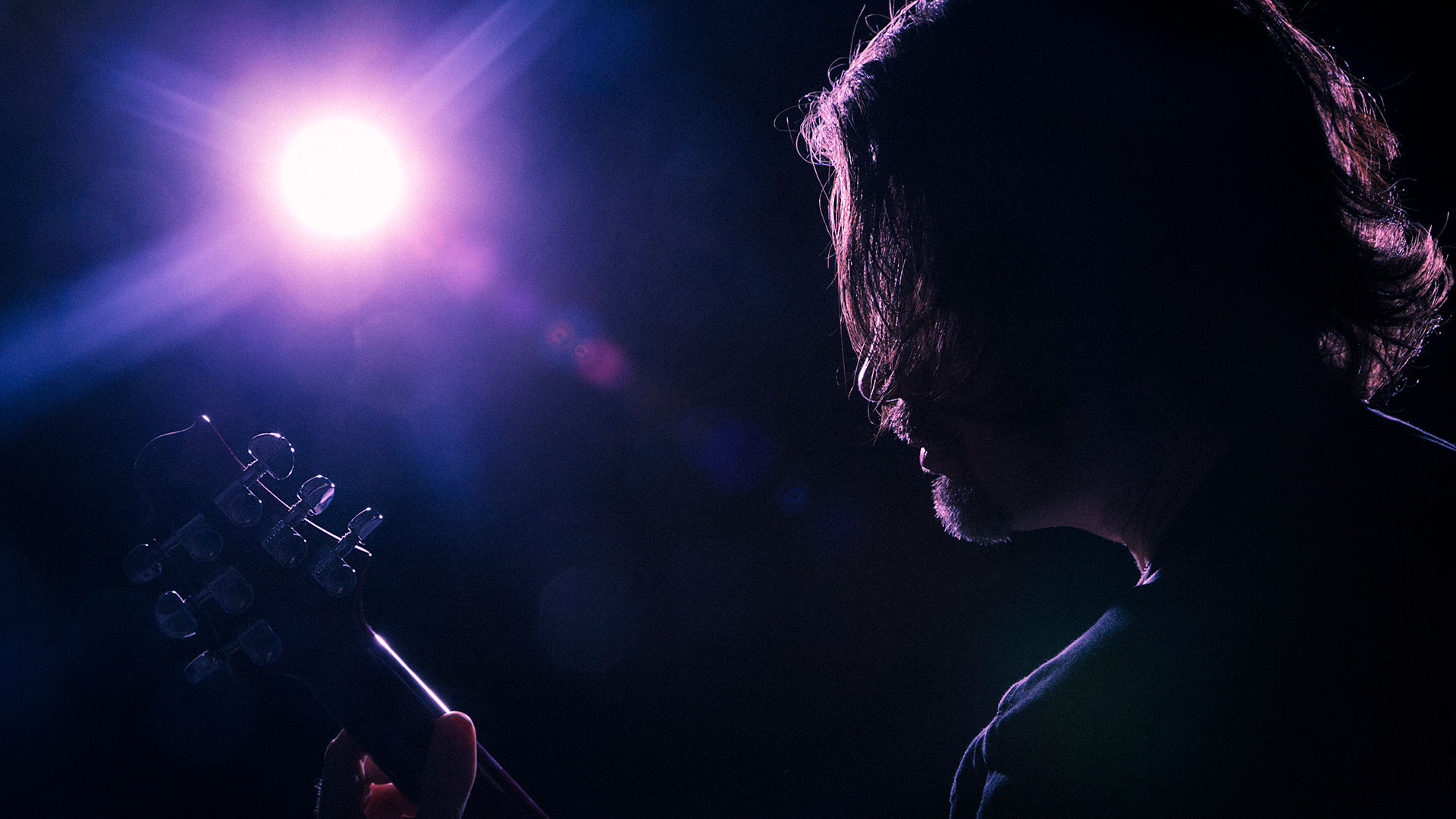No, Jimmy Page Was Not the First to Play Bowed Guitar
All the latest guitar news, interviews, lessons, reviews, deals and more, direct to your inbox!
You are now subscribed
Your newsletter sign-up was successful

We've all seen the classic, grainy clips of Jimmy Page dragging a violin bow across the strings of his Telecaster or Les Paul to produce eerie, evil, previously unimaginable sounds. He did it frequently in the twilight years of the Yardbirds and whipped it out again (the bow, of course) in the early days of Led Zeppelin.
Given the fact that violins, cellos, violas and other bowed instruments had already existed for centuries, it's not so shocking, profound and/or mind-blowing that an enterprising young Brit should decide to apply the concept to the world of guitars.
But was Page first rock star to do so? Not exactly.
UK guitarist Eddie Phillips beat him to it by a few years, it seems. According to some sources, Phillips first took "bow to guitar string" in 1963 and as a member of the Mark Four in the mid-Sixties. That band evolved into the Creation—a respected yet still commonly overlooked Swinging Sixties London band.
“With feedback came the violin bow idea," Phillips told journalist Chris Hunt in 1988. "I just wanted to make the guitar sound different to what it should sound like. I don't even know why I cottoned on to that idea, really, but it just felt like a good idea and a good visual thing as well, just to try and get a sound out of the guitar that no one had ever heard before, something that was against the rules.
"I was aware that [Page] was doing it in 1967 because we did a tour with the Stones in Germany, and one of the roadies was an ex-Jimmy Page roadie, and he said, ‘Oh, I see you're doing that, I've just been working with Jimmy and he's doing that.' By that time I'd been doing it for four years. That's all I can say really… For all I know, Jimmy might say he's been doing it since 1954… I don't know, but I can honestly say that it was an idea that I started doing because it was my own idea.”
Below, watch Page use the bow in 1967 as the Yardbirds perform "I'm Confused," which would emerge two years later as Led Zeppelin's "Dazed and Confused." Below that, Page uses a bow at a 1970 Led Zeppelin show.
All the latest guitar news, interviews, lessons, reviews, deals and more, direct to your inbox!
Now watch Phillips and the Creation perform "Making Time" in 1966, followed by "Painter Man" in 1967. (Side note: Director Wes Anderson used "Making Time" in his 1998 film, Rushmore.)
Phillips is still writing, recording and performing with the reformed Creation (which for a time included original member Bob Garner). In recent years, the Creation toured the UK, US and bits of Europe. Be sure to check out the rest of Chris Hunt's interview here.
And, just for a laugh or nine, watch Nigel Tufnel (Christopher Guest) drag an entire violin across his guitar strings in This Is Spinal Tap. Note how he pauses to tune the violin, as if that makes a difference.

Damian is Editor-in-Chief of Guitar World magazine. In past lives, he was GW’s managing editor and online managing editor. He's written liner notes for major-label releases, including Stevie Ray Vaughan's 'The Complete Epic Recordings Collection' (Sony Legacy) and has interviewed everyone from Yngwie Malmsteen to Kevin Bacon (with a few memorable Eric Clapton chats thrown into the mix). Damian, a former member of Brooklyn's The Gas House Gorillas, was the sole guitarist in Mister Neutron, a trio that toured the U.S. and released three albums. He now plays in two NYC-area bands.
